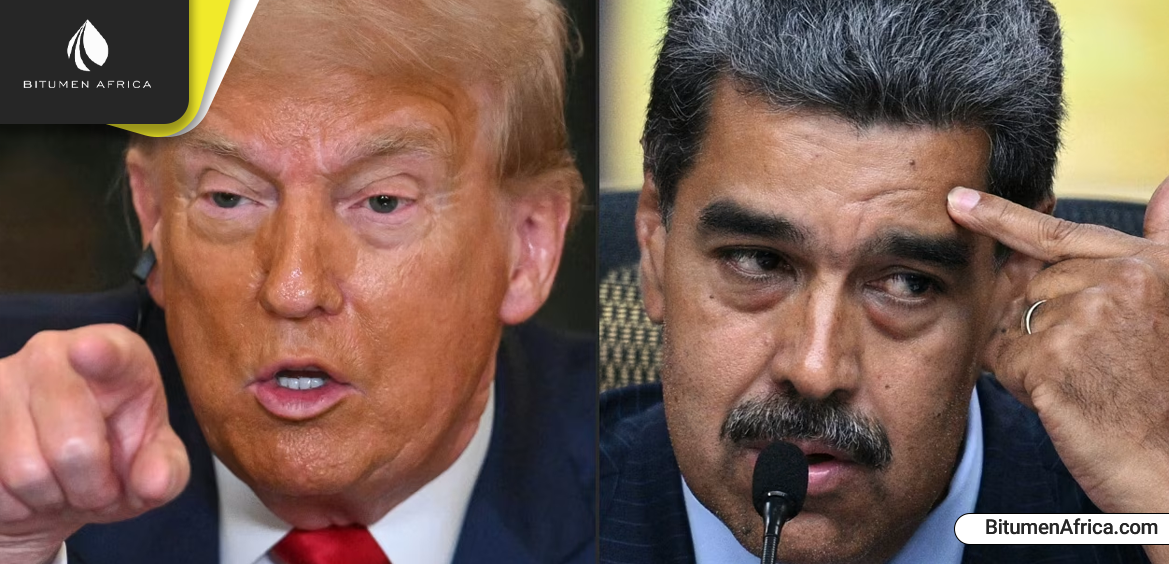In a dramatic shift from diplomatic pressure to military posturing, the United States has intensified its campaign against Venezuela’s embattled regime. President Donald Trump recently deployed three Arleigh Burke-class guided missile destroyers to Caribbean waters near Venezuela and announced plans to send 4,000 marines to the region. This bold move accompanies a $50 million bounty for the arrest of Venezuelan President Nicolás Maduro, who faces charges of cocaine trafficking and narco-terrorism. Accused of leading the Cartel of the Suns—a drug network tied to Venezuela’s military elite—Maduro’s grip on power has become a focal point of U.S. foreign policy.
The escalation has sent ripples of concern across Latin America. Regional leaders fear that Washington may be preparing for unilateral military action, bypassing international consensus. Trump’s administration, frustrated by the failure of economic sanctions and diplomatic isolation, appears determined to remove Maduro by force if necessary. The urgency stems from the regime’s deep illegitimacy, especially following the July 2024 presidential election, which Maduro claimed to win despite overwhelming evidence of an opposition landslide.
Maduro’s contested rule is not new. Back in 2019, Venezuela’s National Assembly, led by Juan Guaidó, declared Maduro’s presidency unconstitutional. Guaidó was recognized internationally as the legitimate leader of Venezuela, sparking a tense standoff. However, by 2023, the opposition movement had crumbled under violent repression, and Guaidó was forced into exile. The regime’s resilience has been marked by its ability to suppress dissent and maintain control despite mounting international pressure.
Following the disputed 2024 election, Maduro launched a brutal crackdown on critics, further isolating Venezuela from the global community. Sanctions have been in place since 2005, with the Obama administration declaring a national emergency in 2015 and Trump later intensifying the pressure. These measures devastated Venezuela’s oil industry but failed to dislodge the regime. After the July election, the U.S., EU, and ten Latin American nations refused to recognize Maduro’s victory, deepening the diplomatic rift.
Now, with warships in Caribbean waters and a bounty on Maduro’s head, the U.S. appears to be signaling a readiness for direct confrontation. The implications are profound—not just for Venezuela, but for the entire region. As tensions mount, the world watches closely, wondering whether this is the beginning of a new chapter in Latin American geopolitics or the final act of a long and bitter struggle for democracy in Caracas.

